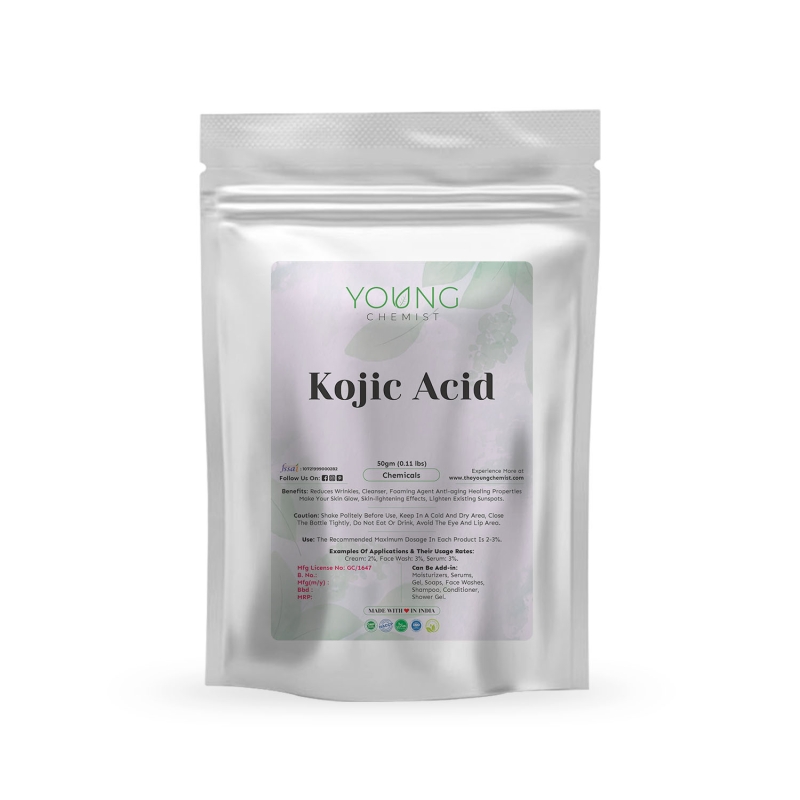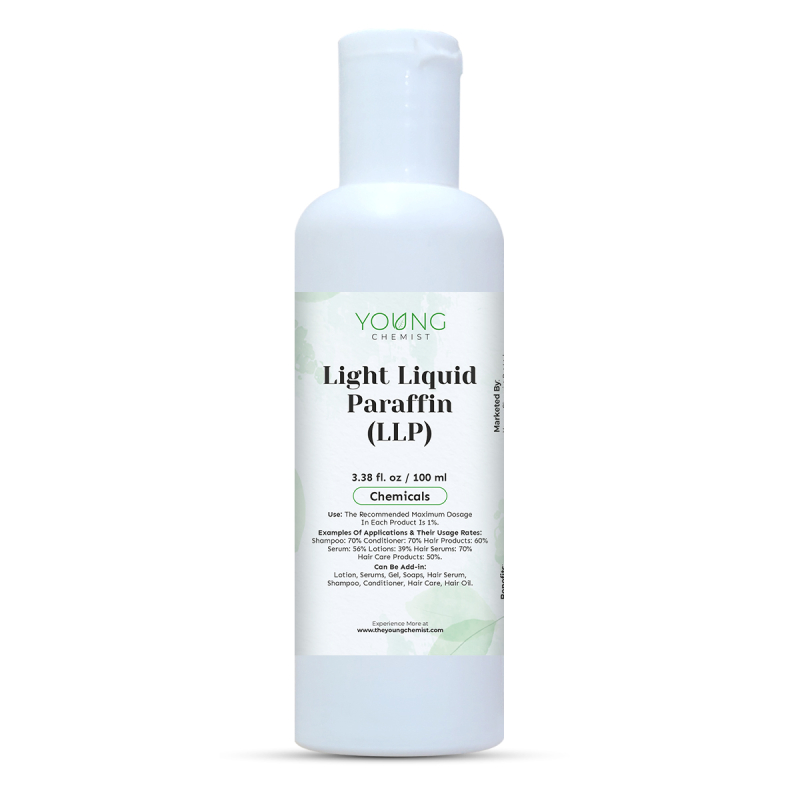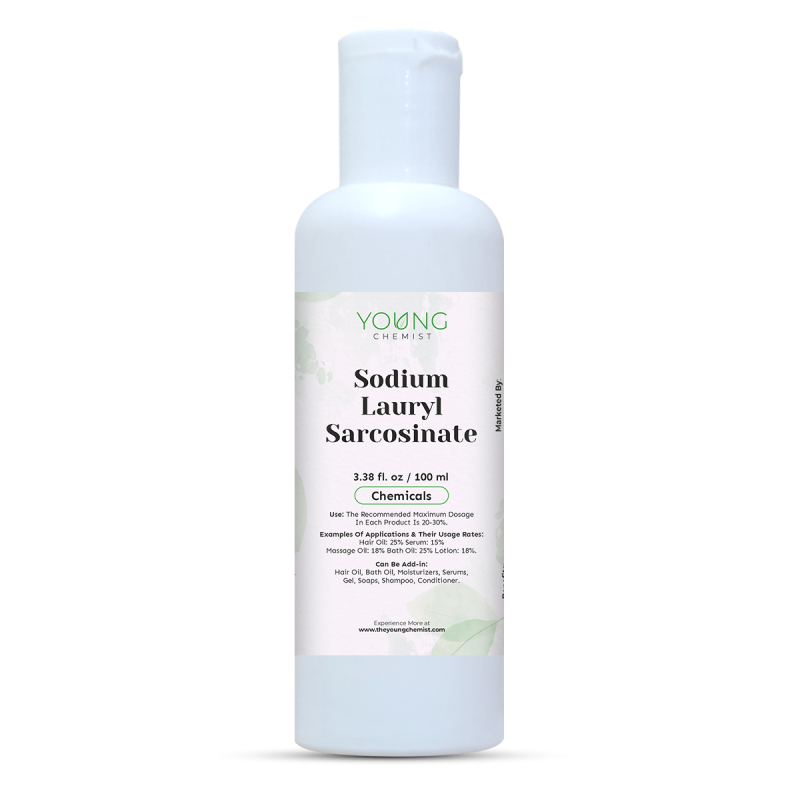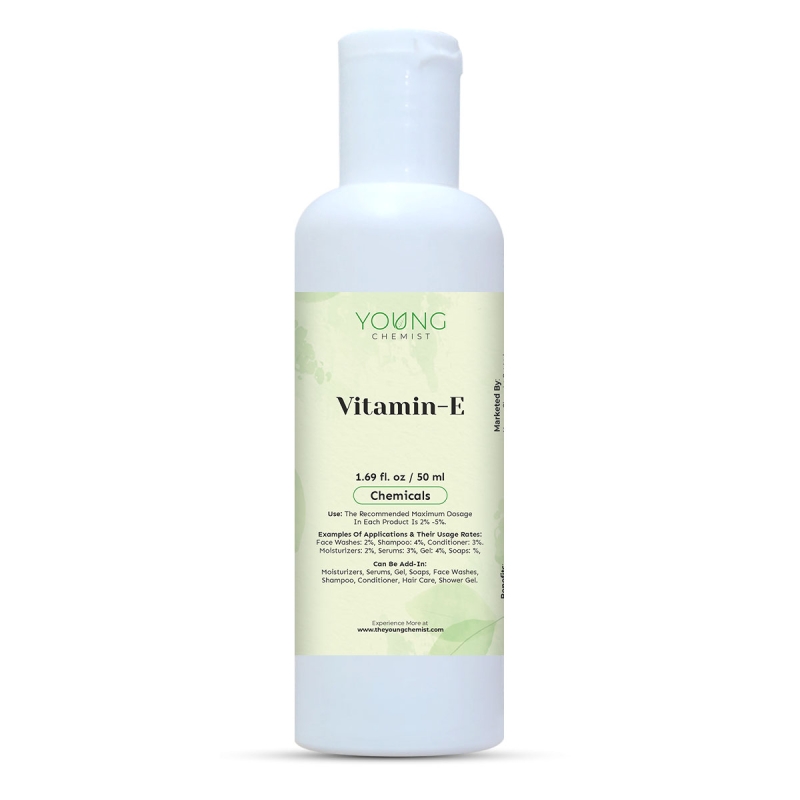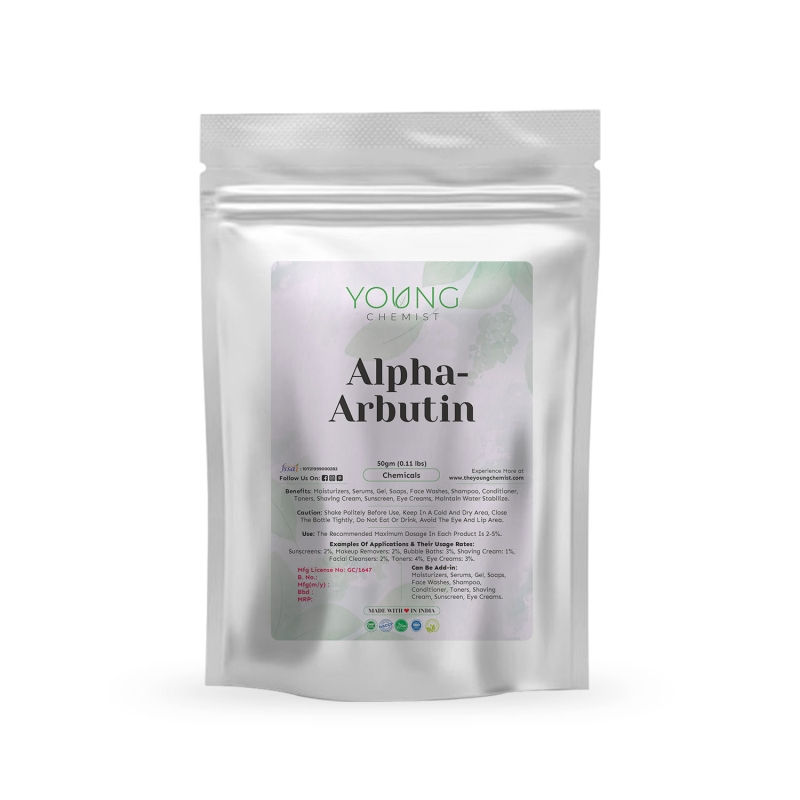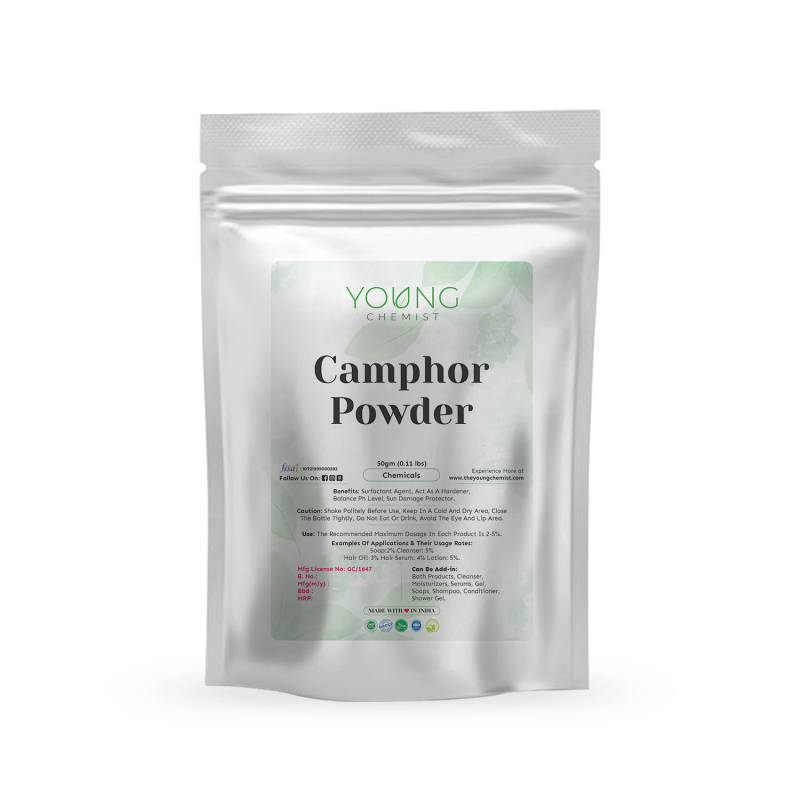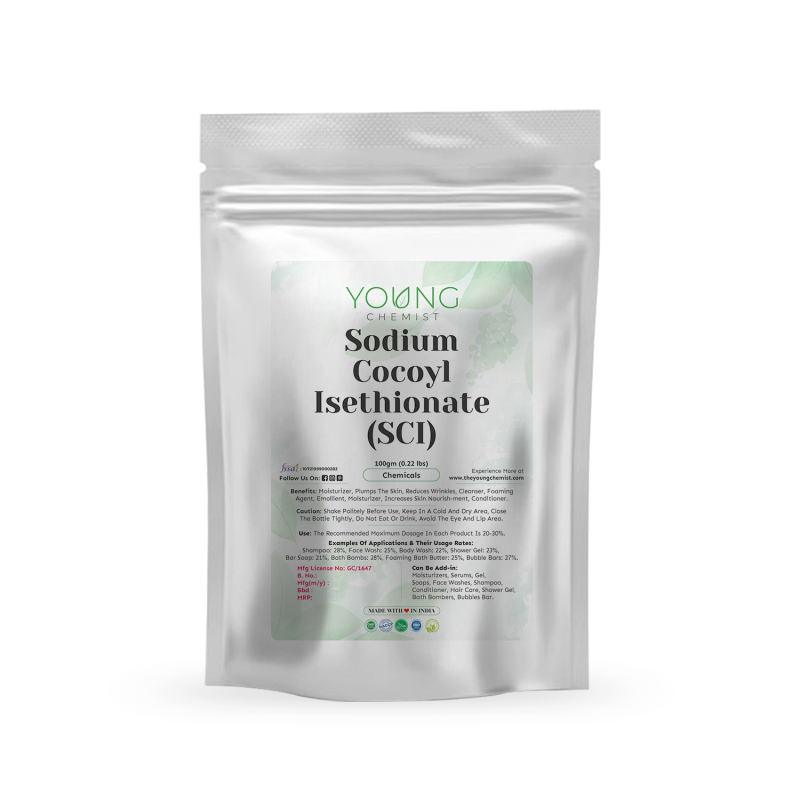-
No Item Added in Cart.

Demineralized Water | DM Water | Distilled Water
SKU: CC-DMWATER
Size

40 customers are viewing this product



Demineralized water, also known as deionized water, is water that has had its mineral ions and impurities removed through a process called demineralization or deionization. It is essentially pure water without any dissolved minerals or ions.
Demineralized Water (DM Water) and Distilled Water offer reliable, high-purity performance for applications that demand low TDS, low conductivity, and consistent quality. Produced by advanced ion-exchange/RO or multi-stage distillation, our water is free from most dissolved salts and minerals, helping prevent scale, residue, and corrosion. Ideal for cosmetics & personal care (lotions, serums, shampoos), laboratories (reagents, rinsing glassware), automotive batteries, steam irons/boilers, humidifiers, electronics cleaning, and general industrial process water.
Formulators choose our DM/Distilled Water to improve ingredient solubility, stabilize pH, and ensure batch-to-batch consistency. Maintenance teams value it for reducing equipment downtime and extending component life. Home and craft users appreciate its spotless finish for aquarium top-off, CPAP humidifiers, and household appliances. Every lot is processed under strict hygiene controls and packaged to protect purity.
Available in bulk tankers, IBC totes, and HDPE cans, with options for customized conductivity/TDS targets to match your spec. Whether you’re scaling production or perfecting a lab method, this is the dependable base that keeps formulas clean and systems running smoothly.
Demineralized Water / DM Water / Distilled Water for low TDS purity, residue-free results, and process reliability, a smart, clean-label foundation for industry, lab, and daily use.
| Title | Description |
|---|---|
| No specifications available. | |
- Laboratory Applications: Follow the specific instructions provided for your experiments or research.
- Electronics and Industrial Use: Use demineralized water for cleaning or rinsing components. Avoid contact with electrical circuits or equipment when using water.
- Battery Maintenance: Refill batteries with demineralized water, ensuring each cell is filled to the appropriate level. Consult the battery manufacturer's instructions for specific guidance.
- Steam Irons and Humidifiers: Use demineralized water according to the manufacturer's instructions for filling and operating the device.
- Medical Equipment: Follow the guidelines and protocols provided by healthcare professionals for cleaning and sterilizing medical equipment.
Use DM/Distilled Water wherever minerals cause issues or purity matters.
Formulation: Measure into serums, shampoos, lotions for stable pH and clarity.
Lab: Rinse glassware, prepare reagents; keep containers capped to avoid re-contamination.
Equipment: Fill irons, humidifiers, steamers, lead-acid batteries (follow OEM specs).
Cleaning: Mix with concentrates for streak-free surfaces and optics.
Aquarium/CPAP: Use for top-off/ humidifiers; dechlorinate/remineralize as required.
Handling: Store sealed in HDPE/SS, away from heat and sunlight; label with batch/date. Use clean funnels and lines; avoid mixing with tap water. Not intended for drinking unless specifically certified as potable. Wear PPE when used in industrial systems.
- Laboratory and Scientific Use: Demineralized water is commonly used in laboratories for experiments, as it provides a pure and consistent medium for various scientific applications.
- Electronics and Industrial Use: It is used in electronics manufacturing, particularly for cleaning and rinsing sensitive components to prevent mineral deposits and corrosion.
- Battery Maintenance: Demineralized water is often used to refill batteries, as minerals in regular tap water can lead to mineral buildup and reduce battery performance.
- Steam Irons and Humidifiers: Using demineralized water in steam irons and humidifiers helps prevent mineral deposits from forming, prolonging the lifespan of these devices.
- Medical Equipment: Demineralized water is essential for cleaning and sterilizing medical equipment, as it eliminates impurities and reduces the risk of contamination.
Demineralized (DM) / Distilled Water delivers high-purity, low TDS performance for spotless, residue-free results. Free from most dissolved salts, it helps prevent scale, corrosion, and mineral spotting—ideal for cosmetics, laboratories, battery top-up, steam irons, humidifiers, and boiler feed. Formulators trust it to enhance ingredient solubility, stabilize pH, and improve batch consistency. Facilities teams value longer equipment life and reduced maintenance. At home, it’s perfect for CPAP humidifiers, aquarium top-off (after conditioning), and streak-free cleaning. Hygienic processing and sealed packaging protect purity from source to use. Clean, reliable, and versatile—DM/Distilled Water is the smart base for industry, lab, and beauty applications.
- Drinking: Demineralized water should not be used for regular drinking purposes as it lacks essential minerals required by the body.
- Corrosive Materials: Avoid using demineralized water with corrosive substances or chemicals, as it may lead to unexpected reactions or damage.
- Storage: Store demineralized water in clean, sealed containers to prevent contamination and ensure its purity.
- Environmental Impact: Dispose of demineralized water responsibly to minimize its impact on the environment. Do not pour large quantities down the drain without proper treatment, as it may disrupt natural water systems.
Remember to consult specific product instructions, professional advice, or experts in specialized fields when using demineralized water for specific applications.
Product Questions
DM Water, also known as deionized water, is water that has had most of its mineral ions, such as calcium, magnesium, sodium, and chloride, removed. This process makes the water ultra-pure, ideal for applications where the presence of minerals can cause problems.
Demineralized water is highly pure and free from minerals that can cause scaling, corrosion, or contamination in various processes. It's perfect for industrial applications, laboratories, and even certain household uses, like in steam irons, to prevent mineral buildup.
While both demineralized and distilled water are purified, the main difference lies in the purification process. Demineralized water is treated through ion exchange or reverse osmosis, removing mineral salts, whereas distilled water is boiled and then condensed back into liquid form, which also removes most impurities.
Yes, you can drink DM Water, but it’s not recommended for regular consumption because it lacks essential minerals that your body needs. For drinking purposes, mineral water or regular filtered water is a better choice.
DM Water is commonly used in laboratories, pharmaceutical production, cosmetics, electronics manufacturing, automotive cooling systems, and any process where mineral-free water is crucial to avoid contamination or damage.
Yes, DM Water is generally safe for most equipment because it prevents mineral deposits and corrosion. However, it’s important to ensure that the equipment is designed for use with demineralized water to avoid any potential issues.
Demineralized Water is produced through processes like ion exchange, where resins remove mineral ions, or through reverse osmosis, which filters out impurities using a semi-permeable membrane.
DM Water doesn’t have a specific shelf life, but it should be stored in clean, sealed containers to prevent contamination. Over time, it can absorb carbon dioxide from the air, slightly altering its properties, so it's best used within a few months of production.
Yes, DM Water is ideal for car batteries as it doesn't contain minerals that can cause deposits or corrosion inside the battery, helping to maintain its performance and lifespan.
In laboratories, DM Water is used to prepare solutions, clean glassware, and as a solvent in chemical reactions because it doesn’t introduce any contaminants or minerals that could affect experimental results.

